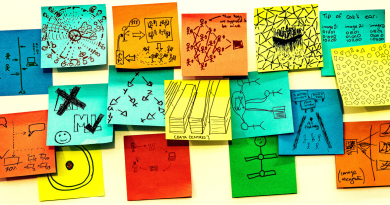Social generative AI for education

I am very impressed with a paper, Towards social generative AI for education: theory, practices and ethics, by Mike Sharples. Here is a quick summary but I recommend to read the entire article.
In his paper, Mike Sharples explores the evolving landscape of generative AI in education by discussing different AI system approaches. He identifies several potential AI types that could transform learning interactions: generative AIs that act as possibility generators, argumentative opponents, design assistants, exploratory tools, and creative writing collaborators.
The research highlights that current AI systems primarily operate through individual prompt-response interactions. However, Sharples suggests the next significant advancement will be social generative AI capable of engaging in broader, more complex social interactions. This vision requires developing AI with sophisticated capabilities such as setting explicit goals, maintaining long-term memory, building persistent user models, reflecting on outputs, learning from mistakes, and explaining reasoning.
To achieve this, Sharples proposes developing hybrid AI systems that combine neural networks with symbolic AI technologies. These systems would need to integrate technical sophistication with ethical considerations, ensuring respectful engagement by giving learners control over their data and learning processes.
Importantly, the paper emphasizes that human teachers remain fundamental in this distributed system of human-AI interaction. They will continue to serve as conversation initiators, knowledge sources, and nurturing role models whose expertise and human touch cannot be replaced by technology.
The research raises critical philosophical questions about the future of learning: How can generative AI become a truly conversational learning tool? What ethical frameworks should guide these interactions? How do we design AI systems that can engage meaningfully while respecting human expertise?
Mike Sharples concludes by saying that designing new social AI systems for education requires more than fine tuning existing language models for educational purposes.
It requires building GenAI to follow fundamental human rights, respect the expertise of teachers and care for the diversity and development of students. This work should be a partnership of experts in neural and symbolic AI working alongside experts in pedagogy and the science of learning, to design models founded on best principles of collaborative and conversational learning, engaging with teachers and education practitioners to test, critique and deploy them. The result could be a new online space for educational dialogue and exploration that merges human empathy and experience with networked machine learning.

